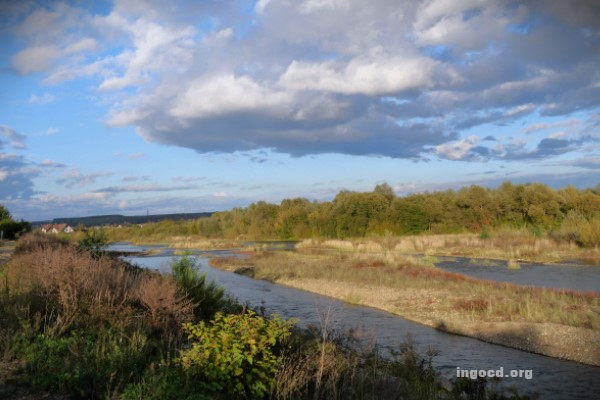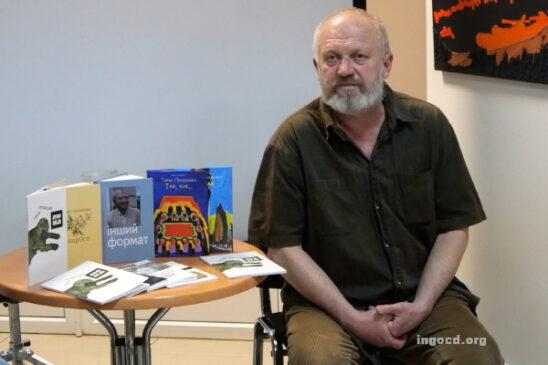The impact of climate change on education and what to do about it

To achieve the goal of the Sendai Framework of reducing global disaster risks and losses, the theme of the International Day for Disaster Risk Reduction (IDDRR) 2024, which falls on 13 October, will be on the role of education in protecting and empowering youth for a disaster-free future.
Since 2000, over 1 billion children have had their lives disrupted by disasters. More than 80,000 schools have been destroyed or severely damaged—and it’s getting worse every year.
Extreme weather events often have negative impacts on education outcomes – prolonged school closures can steal schooling opportunities from children, eroding their future prospects.
This new World Bank report advises governments on 4️⃣ways to protect education systems to sustain and boost positive impacts on economic development, poverty alleviation, and social cohesion:
🏫 education management for resilience
🏗️school infrastructure for resilience
📚ensuring learning continuity in the face of climate shocks
👩🏫 leveraging students and teachers as change agents
Concrete measures to empower the next generation for a resilient future!
The study is aimed at examining the intersection between climate change and education, with specific focus on how extreme weather events negatively impacts education outcomes. The study aims to highlight the urgent need for governments to prioritize and implement strategies to protect education systems from the effects of climate change, in order to sustain and enhance their positive contributions to economic development, poverty alleviation, and social cohesion.
This paper lays out four concrete ways in which governments can protect education systems from climate change so that their positive impacts on economic development, poverty alleviation, and social cohesion can be sustained and boosted. These are: (i) education management for resilience; (ii) school infrastructure for resilience; (iii) ensuring learning continuity in the face of climate shocks; and (iv) leveraging students and teachers as change agents. The paper presents an actionable agenda for each of these with operational examples in different contexts.
Download:
The impact of climate change on education and what to do about it.
Concept Note: International Day for Disaster Risk Reduction 2024 (IDDRR)
About UNDRR: The United Nations Office for Disaster Risk Reduction (UNDRR) has a big ambition: to help decision-makers across the globe better understand and act on risk. At UNDRR, we believe there is no such thing as a natural disaster. A natural hazard, such as a hurricane, earthquake, tsunami, or flood, only becomes a disaster when it impacts a community that is not adequately protected and whose population is vulnerable as a result of poverty, exclusion, or social disadvantage. We envision a world where disasters no longer threaten the well-being of people and the future of the planet. Sustainable development and the 2030 Agenda cannot be achieved without working towards the goal of building resilience.
Source:
preventionweb.net/publication/impact-climate-change-education-and-what-do-about-it
About UNDRR: https://www.undrr.org/
About disaster risk reduction: https://www.preventionweb.net/
OCD | 13.10.2024
Follow us on social media: Facebook, Twitter, Instagram, YouTube.





